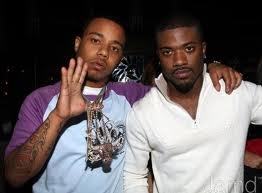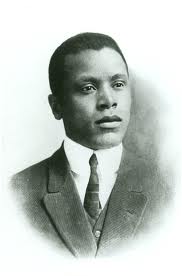 |
Robert Johnson
(born April 8, 1946) |
Today's article is in honor of an outstanding entrepreneur who has obtained major recognition through his business deals and contributions to African American society. This man im referring to is
Robert Johnson, who aside from having the same name as my father, is an entrepreneur who has consistently displayed an abundance of business savvy for over the past 30 years.
Robert Johnson is the first African American billionaire and first African American to be on listed on Forbes Magazine top richest persons list.
His most popular achievement undoubtedly came in 1980 with the creation of
Black Entertainment Television; Other wise known as
BET. Despite my reservations concerning the somewhat recent direction chosen by its controllers, BET serves as a major portion of our culture and was primarily effective in our societal advancement. BET is the first television station specifically geared toward black viewers, as apparent in the words assembled to create the acronym "BET". In 2007, BET could be found in over 65 million homes. Back in 2003, Johnson sold his business to
VIACOM. No longer was BET black-owned, which could explain the choices in unsavory programming. In any event, Johnson became a billionare behind this monumental deal.
Robert Johnson launched many young careers, and provided a source of entertainment for our otherwise "overlooked" race. Johnson's aptitude for business financially propelled him in to history. When you recall the year Johnson managed to acheive this historical event, you would notice it was in 2001. African Americans have been participating in high income careers for some time, but it wasn'tt until 2001, when Johnson was able to accumalate a billion dollars-closely followed by
Oprah. We always knew Oprah would get there. Placing aside who he was as a man, Robert Johnson was an intregal peice of the furthering of our culture; which is why he, and his creation BET, are relevant examples of black history, and why it should be celebrated year 'round
(K*W)






































